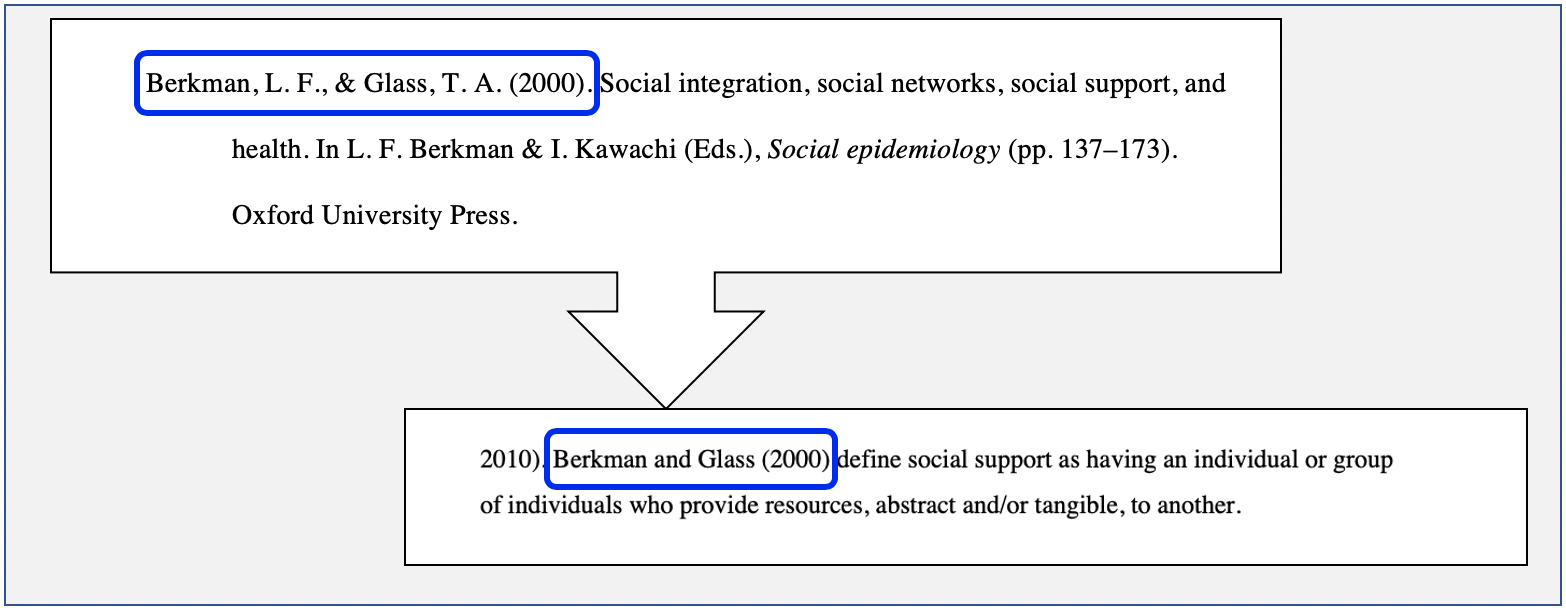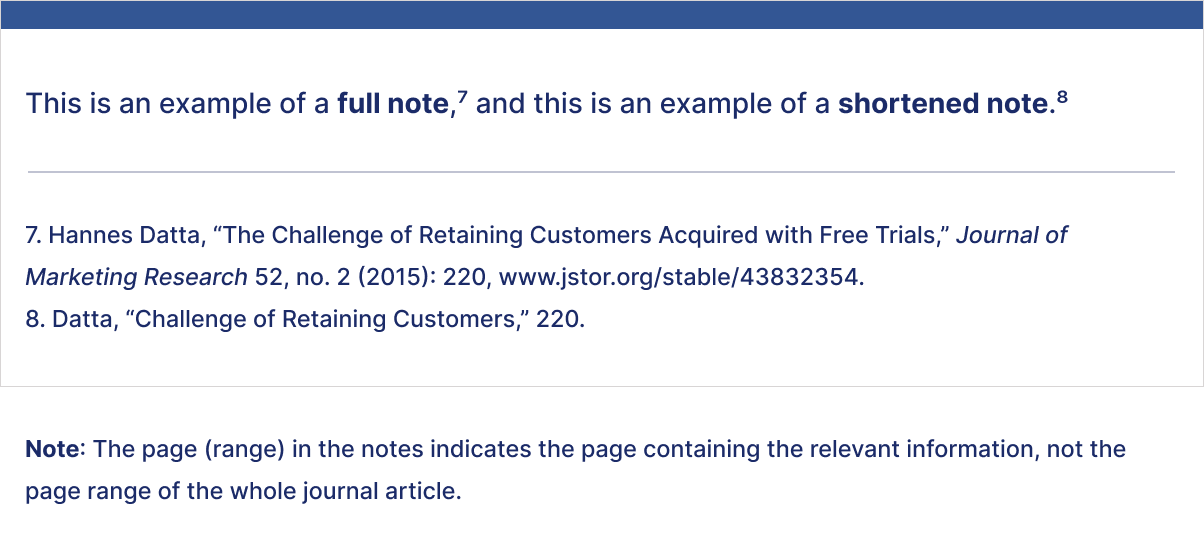How to Do in Text Citation: Mastering Citation Techniques
In-text citations are essential in academic writing. They give credit to original authors.
Understanding how to do in-text citations properly can be challenging. Whether you’re writing a research paper or an essay, correctly citing sources is crucial. It avoids plagiarism and shows that you have done your research. This guide will teach you the basics of in-text citations.
You will learn the different styles and how to use them. By the end, you’ll feel more confident in your writing. Let’s dive into the world of in-text citations and make your work shine.

Credit: pressbooks.openeducationalberta.ca
Introduction To In-text Citation
Proper citation is very important. It helps readers find the source. It also gives credit to the original author. This prevents plagiarism. Plagiarism is using someone’s work without credit. Proper citation shows respect for the author’s hard work. It also adds credibility to your work. Readers trust your work more. They see you used good sources.
There are many citation styles. Each has its own rules. The most common ones are:
- APA – Used in social sciences.
- MLA – Used in humanities.
- Chicago – Used in history and some sciences.
- Harvard – Popular in many disciplines.
Each style has a unique format. It is important to know which one to use. Always follow the rules of the chosen style. This ensures your citations are correct.
Apa Citation Style
For APA in-text citations, include the author’s last name and the year of publication in parentheses. Place this information within the sentence where you reference the source. This helps readers locate the full citation in the reference list.
Basic Format
In APA style, the author’s last name and the year of publication are needed. Place them in parentheses at the end of the sentence. For example: (Smith, 2020). If you mention the author in the text, only the year goes in parentheses. For example: Smith (2020) states that…
Examples And Variations
For two authors, use both last names. For example: (Smith & Jones, 2020). For three or more authors, use the first author’s last name followed by “et al.” For example: (Smith et al., 2020). For direct quotes, include the page number. For example: (Smith, 2020, p. 15).
Mla Citation Style
MLA in-text citations use the author’s last name and page number. Place this information in parentheses after the quoted or paraphrased text. This method helps readers find the source in the Works Cited list.
Basic Format
In MLA style, in-text citations are used to give credit to sources. The basic format includes the author’s last name and page number. For example: (Smith 23). If the author’s name is mentioned in the sentence, only the page number is needed. For example: Smith states that… (23).
Examples And Variations
For works with two authors, use both last names. Example: (Smith and Jones 45). For three or more authors, use the first author’s last name followed by “et al.” Example: (Smith et al. 67). For sources without page numbers, use the author’s name only. Example: (Smith).
Chicago Citation Style
Chicago Citation Style uses footnotes or endnotes for in-text citations. Each citation includes the author’s name, title, and publication year.
Basic Format
In Chicago style, you place a footnote at the bottom of the page. Each footnote number must match the number in the text. Always use superscript numbers for footnotes. Write the author’s full name in the footnote. Include the title of the work in italics. State the place of publication, the publisher, and the year. End with the page number.
Examples And Variations
Here are some examples of Chicago style citations:
| Type | Example |
|---|---|
| Book | John Smith, The Great Book (New York: Great Publisher, 2020), 123. |
| Article | Jane Doe, “Great Article,” Journal of Knowledge 12, no. 3 (2021): 45. |
Handling Multiple Authors
When citing three or more authors in text, use the first author’s last name followed by “et al.” This means “and others.” For example, (Smith et al., 2020). This format keeps citations short and clear. Always check your style guide for specifics.
Corporate authors include organizations or companies. Use the full name the first time you cite them. For example, (World Health Organization, 2021). After that, you can use abbreviations. Like (WHO, 2021). This makes reading easier.

Credit: www.scribbr.com
Citing Different Sources
Properly citing different sources is essential for academic writing. Use the author’s last name and publication year in parentheses. For direct quotes, add the page number too.
Books And Articles
When citing books, include the author’s last name and the year of publication. For example: (Smith, 2020). If the book has multiple authors, list all names. For articles, use the same format. Add page numbers if quoting directly. For example: (Johnson, 2019, p. 45). This method makes it easy to find the source.
Websites And Online Sources
For websites, include the author’s name and the year the page was published. If no author, use the website name. For example: (Wikipedia, 2021). Always include the URL in the reference list. Online sources often have dates. Use them to ensure accuracy. This helps readers find the exact information.
Avoiding Common Mistakes
Incorrect formatting can confuse readers. Always use a consistent style. For example, the APA style requires the author’s last name and the year. Keep track of punctuation marks like commas and periods. They should be in the correct places. For instance, (Smith, 2020) is correct, but (Smith 2020) is wrong. Double-check your work to avoid these small mistakes. They make a big difference.
Misleading citations are a big problem. Always cite the correct source. Never use a source you did not read. This can lead to wrong information. Double-check your sources. Ensure they are reliable. Citing incorrect sources can harm your credibility. Always provide accurate information. This builds trust with your readers.
Tools And Resources
Discover how to do in-text citations using tools and resources. Learn to reference sources easily and accurately. Enhance your writing with proper citations.
Citation Generators
Citation generators help you create citations quickly. They save time. These tools ensure your citations are correct. Many are free to use. Examples include EasyBib, Citation Machine, and BibMe. Just enter the book title or website URL. The tool will create the citation for you. Always double-check the generated citation. Sometimes, there can be small errors.
Style Guides And Manuals
Style guides are important for proper citation. They provide rules for citing sources. Common guides include APA, MLA, and Chicago. Each guide has its own rules. APA is often used for science papers. MLA is common for humanities. Chicago is used in history and business. Always follow the guide your teacher or editor asks for. These manuals can be found online or in libraries.

Credit: nwtc.libguides.com
Frequently Asked Questions
What Is An In-text Citation?
An in-text citation gives credit to the source within your paper. It shows where information came from.
How Do You Format In-text Citations?
Format depends on the style guide (APA, MLA, Chicago). Usually, it includes the author’s last name and year.
When Should You Use In-text Citations?
Use in-text citations when quoting, paraphrasing, or summarizing someone else’s work. It avoids plagiarism.
Can In-text Citations Be Used In Any Type Of Writing?
Yes, in-text citations are used in academic papers, essays, and research reports to credit sources.
Conclusion
Mastering in-text citation improves your writing quality. It also builds credibility. Proper citations help readers find sources easily. Remember to follow the specific style guide. Practice regularly to get better. Use tools and resources available online. They can simplify the citation process.
Good in-text citation is key for academic success. It shows respect for original authors. So, always cite your sources correctly. This boosts your work’s authenticity. Keep learning and practicing. Your writing will shine.






